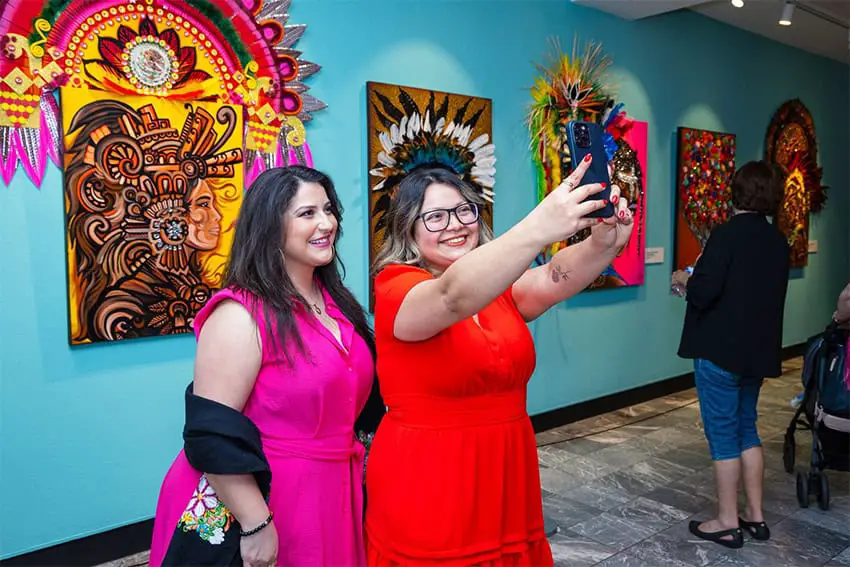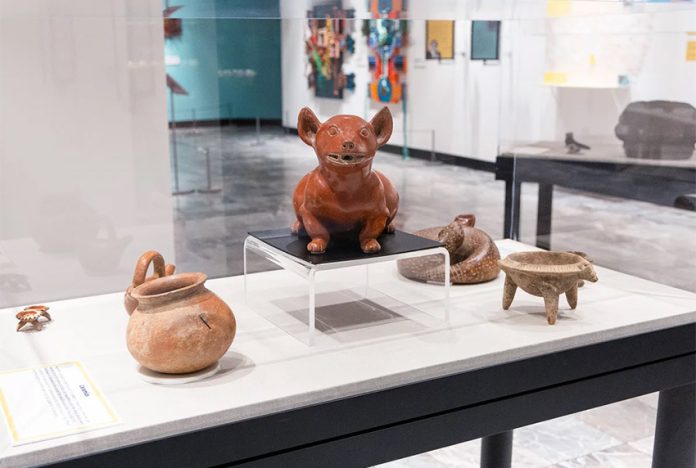A museum in Nashville, Tennessee, will soon be repatriating 248 pre-Columbian artifacts originally from western Mexico.
The Parthenon museum and Nashville’s Metro Parks and Recreation department worked with Mexico’s Consulate in Atlanta, Georgia, to arrange for the return of the artifacts that include small adornments, zoomorphic images, ceramic pots, musical instruments and hand tools.
The pieces will be delivered to the Institute of Anthropology and History Museum (INAH) in Mexico City later this summer, the museum explained in a press release.
The Nashville Metropolitan Council on May 7 passed an ordinance change that legally entitled The Parthenon museum to remove the pre-Columbian artifacts from its collection and return them to their country of origin.
“For Metro Parks, the repatriation of these artifacts is a cultural obligation as well as a moral responsibility,” said Metro Parks Director Monique Horton Odom. “These artifacts have value and meaning to the people of Mexico and should be housed where they will have a dynamic impact on understanding the people and culture of the past.”
How the artifacts ended up in Nashville
The Parthenon received the pre-Columbian artifacts in question in the 1960s and 1970s, as donations from Dr. John L. Montgomery and Edgar York.
Rich Montgomery, the son of Dr. Montgomery, told The Associated Press how his father came to donate the artifacts to the Nashville museum. He said he and his brother scoured the hills and villages in the state of Colima in the 1960s looking for pottery and figurines as part of a scheme to lower income taxes via museum donations.
Montgomery insists they did not smuggle the artifacts. “We would show this stuff to the Mexican authorities as we left the country, and those guys could care less about it. And when we came into the U.S., we would show it to the customs people here on this side.”
Mexico did not enforce its antiquities laws very evenly back then, admits Javier Díaz de León, the Mexican consul general in Atlanta who worked with the Nashville Parthenon on the repatriation.

A growing awareness of artifacts’ cultural value
Díaz de León had nothing but praise for the museum and he credits the repatriation effort to the public becoming more aware of the ethical issues of keeping artifacts taken from other countries.
“It’s a greater conscience,” Díaz de León said. “People come to us … saying, ‘I got this. It came into our hands. But we don’t think we should have it. We think it belongs to the Mexican people.’”
As part of the deaccession and repatriation process, the Parthenon curated an exhibition entitled “Repatriation and Its Impact” that discussed the effects of cultural looting in the art and antiquities trade. The exhibit closed on Sunday.
With reports from The Associated Press, NPR and The Tennessean
